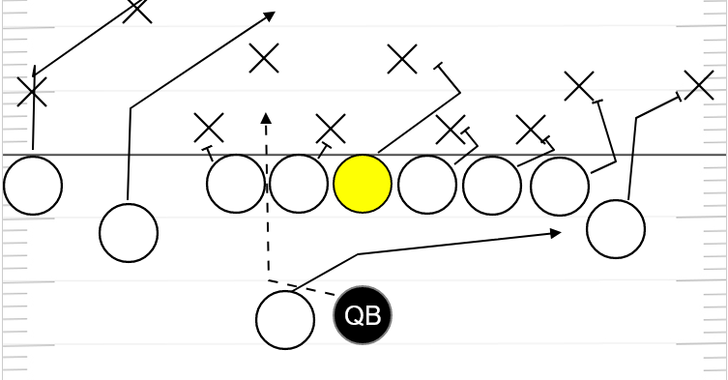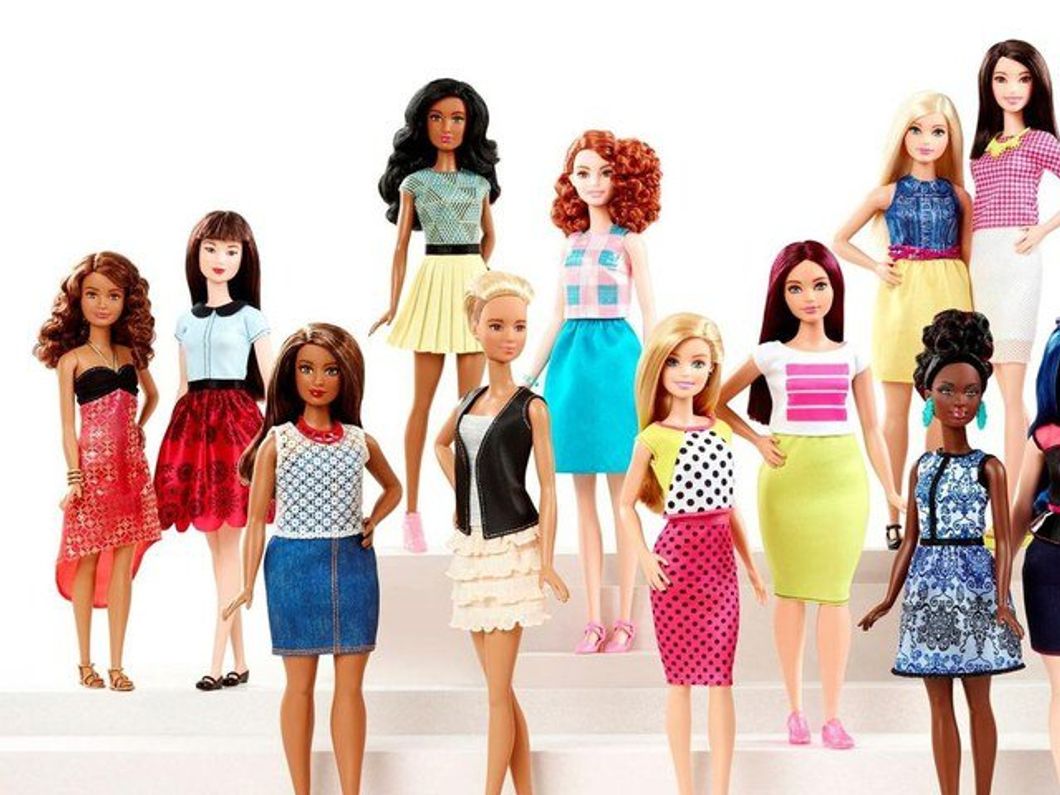A new study has been released by Penn State University with some heavy implications. The study was conducted on 960 men and women to gather a picture of how men and women judge, stereotype, and compartmentalize specific Pro-Environmental Behaviors (PEBs) associated with either Gender-Conforming or Gender-Bending identities. They were asked their opinions on PEB's associated with fictional characters ranging between Gender-Conforming and Gender-Bending.
Janet K. Swim, Ashley J. Gillis (both of Penn State), and Kaitlynn J. Hamaty (of the University of Groningen in the Netherlands) defined Gender-Bending as "...engaging in pro-environmental behaviors inconsistent with one's own gender," and Gender-Conforming as "...engaging in pro-environmental behaviors consistent with one's own gender."
One of the major findings from the research was that there is an implication of social consequences if one were to engage in PEBs associated with the opposite gender. So, if a man were to engage in a behavior typically seen as feminine, there is a correlation that he would think that he would be seen as feminine or perhaps gay, i.e. Gender-Bending, by his peers.
"The present research...confirms the importance of researchers studying environmental attitudes, behaviors, and identities to integrate research and theory about gender stereotypes, sexual identities, and gender roles into their models. As an example, the theory of planned behavior has frequently been applied to predicting likelihood of engaging in PEBs (Klöckner 2013). A key element of this theory is that attitudes about behaviors reflect expected consequences for engaging in behaviors weighted by the importance placed on such consequences. Expectations about social consequences of engaging in gendered PEBs could, thus, influence attitudes about the behaviors. It is through this mechanism that gender expectations may influence the likelihood of engaging in certain PEBs."
This is a major problem coming from a society that has been the world leader in C02 emissions since 1912 and still far surpasses other world powers like China and the former Soviet Union.
Behaviors like driving diesel trucks, eating less meat, using reusable shopping bags, and even just recycling all have heavy implications on gender even though they have nothing implicitly to do with gender and everything to do with how society has made us believe that certain actions and objects are gendered.
In a country that places value in an Evangelical world-view that homosexuality and gender-bending is inherently wrong, bordering on evil, it's easy to see why there could be such vast repulsion to performing tasks that could make you out to your community as someone who is not gender-conforming.
Trump has even withdrawn from the Paris Climate Agreement. This global pact was aimed towards something called the 20/20/20 targets: "...the reduction of carbon emissions by 20%, the increase of renewable energy market share by 20%, and a 20% increase in energy efficiency" (RECs National).
Instead, according to CNN Business, "...the US is the world's largest oil producer, with output expected to average 12.4 million barrels a day this year and 13.3 million barrels a day in 2020," as a result of Trump's decisions as President.
For the men of America, how do we get to the point of de-gendering certain actions and objects so that the imminent collapse of our eco-system doesn't become a global disaster that could eventually wipe out our species? How has the gendering, and adherence to the gendering, of our society become a more important task than performing actions to sustain and cultivate the world for the generations who will inherit our Earth?
The truth is that oil, steaks, and throwing the trash in separate places don't make you any more of a man, it just makes you an accessory of inevitable and massive destruction.
It's becoming more and more obvious that, as a society, we must step outside of our stereotypes against gender-bending and make a change to our ideas and actions so that we can save the planet.
But there unfortunately might not be any real catalyst to spark that fire in our society. And, as we are steadily reaching the point of no-return, there doesn't seem to be any outward desire for people, specifically and especially men, to make a change that will be of any benefit to the world.
Yet, the real question we need to be asking ourselves is, when the world ends, was the death of our planet worth it to you so long as your community didn't think you were not a man, or were too feminine, or gay?









 Photo by
Photo by 









































